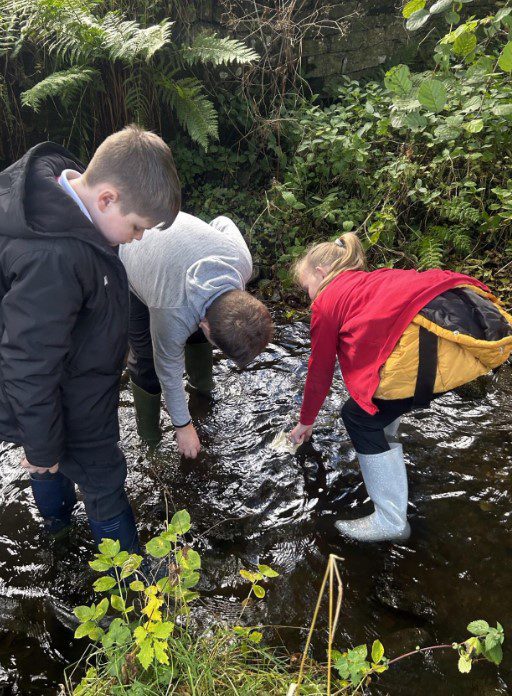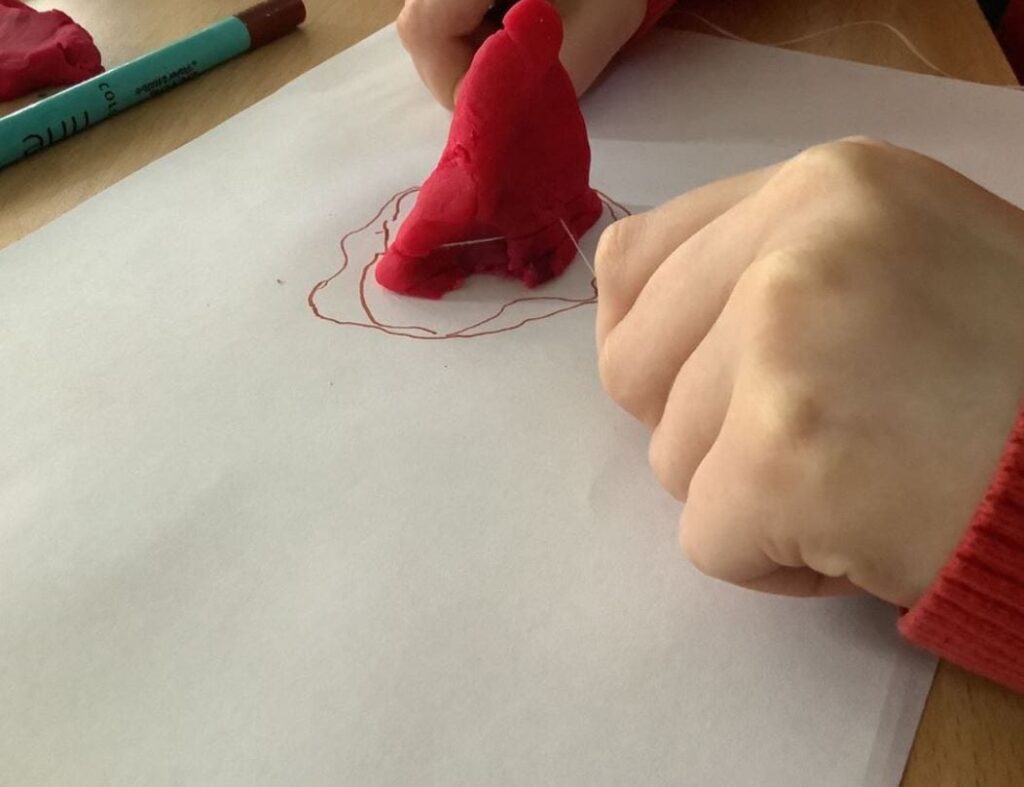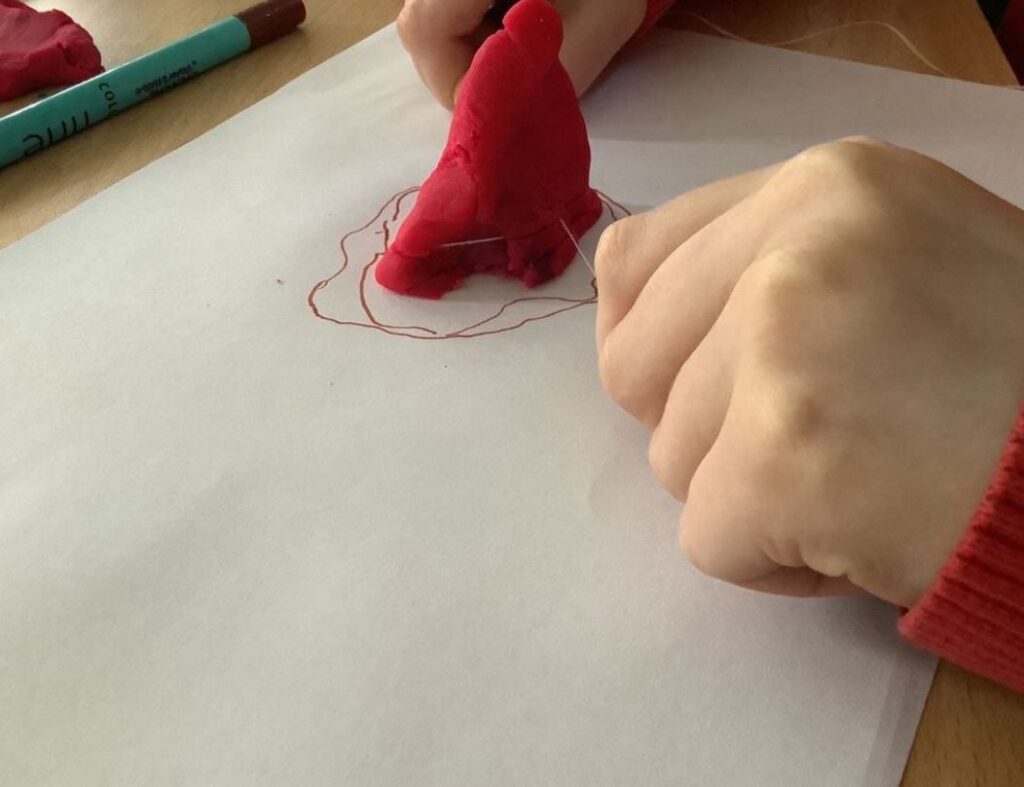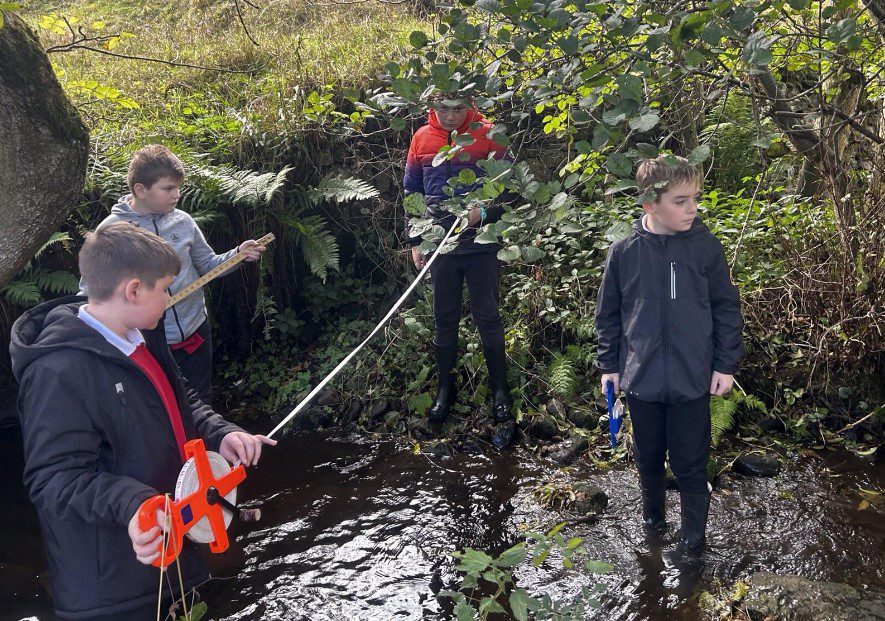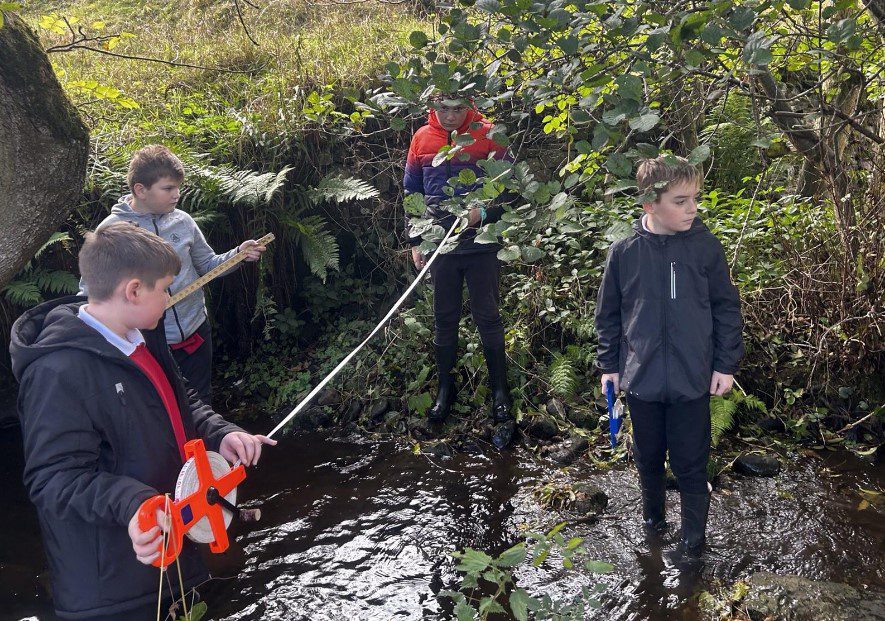Subject Leader: Mrs Johansen
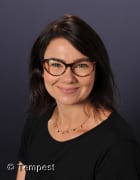
“Geography explains the past, illuminates the present and prepares us for the future. What could be more important than that?” Michael Palin
Geography Rationale
At Willington Primary School, we intend to inspire children with curiosity about the wider world as well as to develop knowledge of, and care for, their local area. To do this we have a carefully planned curriculum which is designed to develop knowledge, skills and experiences that are progressive, as well as transferable. This is to allow the children to build upon their growing knowledge of a diverse world and develop their confidence as Geographers.
We equip children with geographical skills to develop their knowledge through studying places, people, natural and human environments. This seeks to deepen the understanding of the Earth’s human and physical forms and processes. We intend children to have geographical skills: collecting and analysing data; using maps, globes, aerial photographs and digital mapping to name and identify countries, continents and oceans; and communicating information in a variety of ways so that they develop cultural capital and a sense of belonging to this place.
Through our teaching, we intend to provoke thought, questions and to encourage children to answers questions through exploration, discussion using widening Geographical vocabulary and research to enable them to gain a greater understanding and knowledge of our world and their place in it.
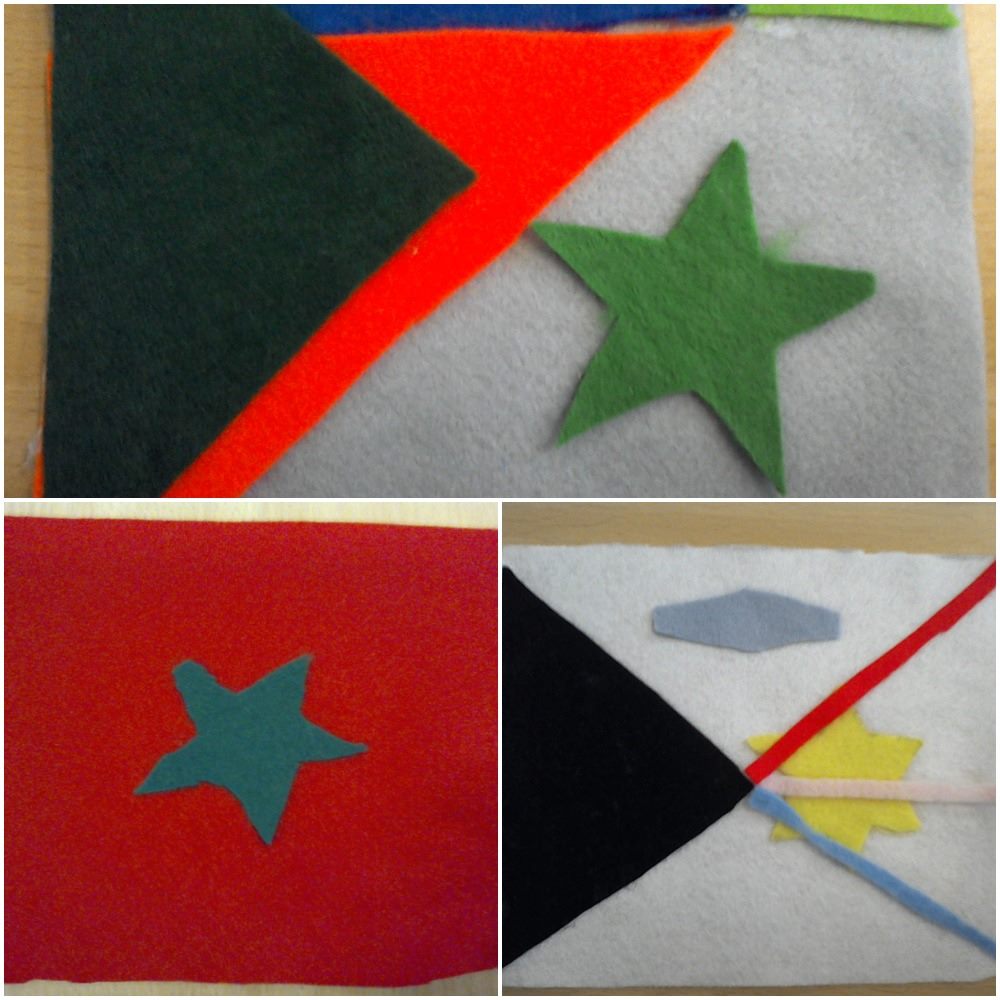
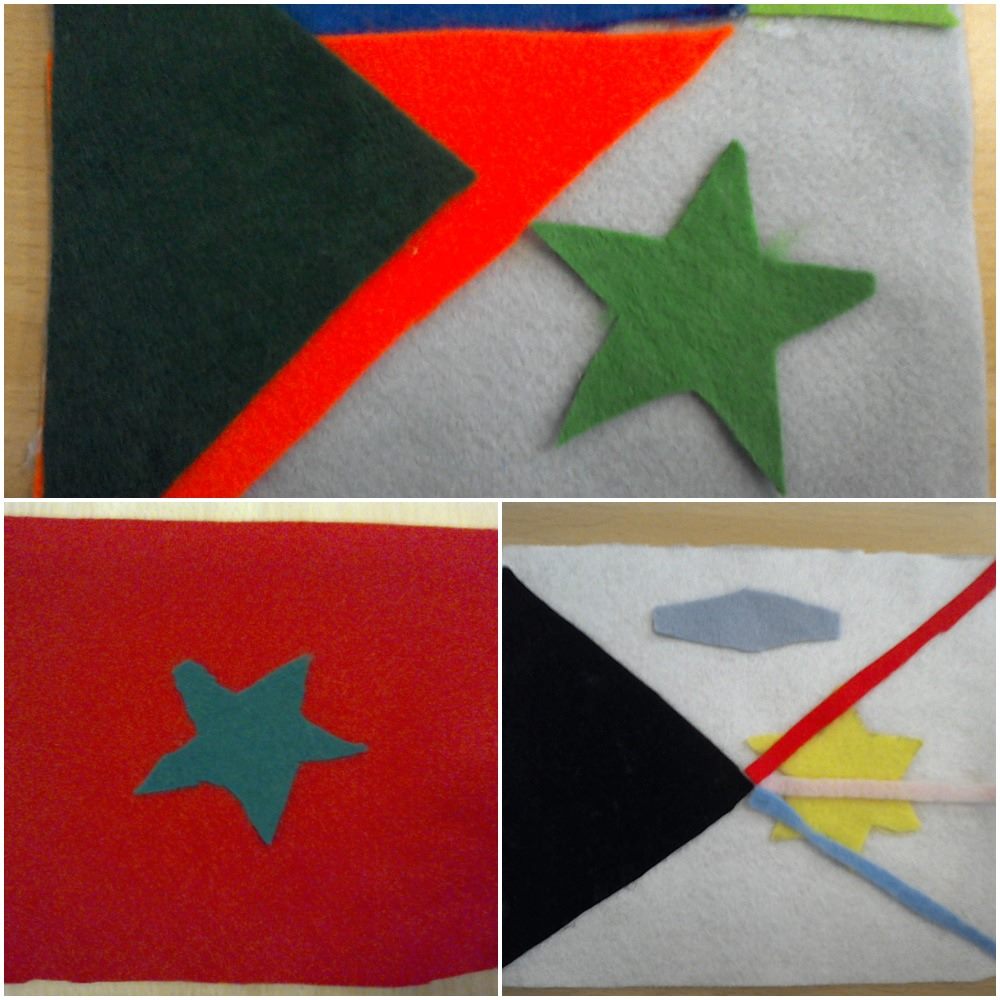
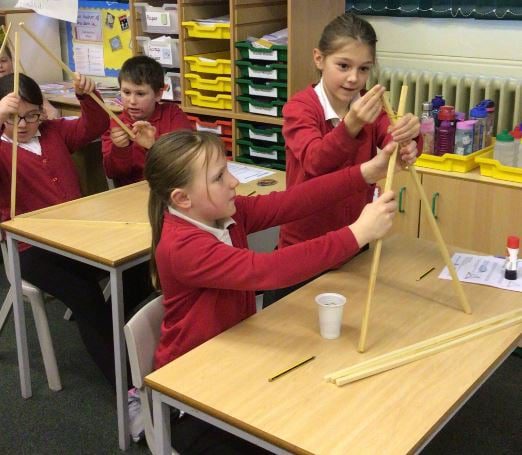
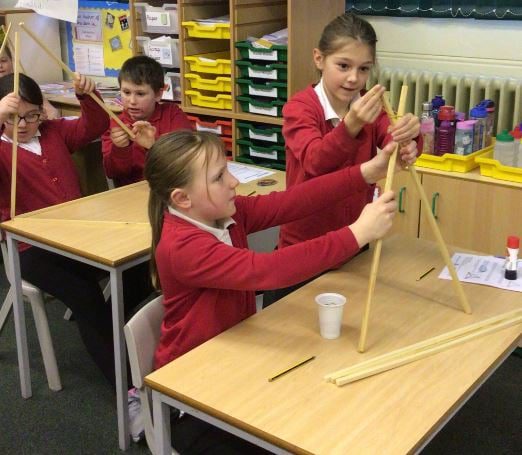
Knowing our geography is part of British Values
At Willington Primary School, we aim to take our pupils beyond the National Curriculum and promote their cultural capital in as many diverse ways as possible. In geography, this involves providing experiences and trips so pupils can develop first-hand experience of being a geographer. We make links to other curriculum subjects such as History and Art.
Our curriculum reflects our locality and endeavours to ensure children are knowledgeable about Willington and Durham’s geography as well as the changes it has seen. In addition to this, we recognise the important role that Geography plays in preparing our children with skills that they can use for life, raising their aspirations, understand how to be a good and responsible citizen, understanding change and societal development and a context in which to understand themselves and others. This is extremely important for children at Willington Primary in allowing them access to a much wider world.
“No one will protect what they don’t care about; and no one will care about what they have never experienced” David Attenborough
Through the teaching of Geography, we endeavour to teach children to understand the complexity of physical and human geographies, people’s lives, the process of change, the diversity of societies and relationships between different groups, as well as their own identity and the challenges of their time. We believe that teaching Geography in this way is important in broadening children’s horizons, challenging preconceived ideas about the local area and their role in it and developing life skills in order to prepare them for secondary school and beyond.
Geography Intent
At Willington Primary School, our geography curriculum has been carefully designed and sequenced to provide pupils with a secure, coherent knowledge of local, British and world geography. At all stages, the curriculum links to previous content and concepts and identifies later links.
Each unit of work is planned carefully to ensure concepts are taught in optimal order to support children’s understanding. All units are underpinned by substantive knowledge and vocabulary whilst ensuring children developing their disciplinary knowledge (geographical skills). Each unit of work has an emphasis on geographical enquiry where children investigate questions. In addition to substantive and disciplinary knowledge, children will develop their experiential knowledge through visits, interacting with maps and engaging in fieldwork.
In the Early Years Foundation Stage, much geographical work is based on developing knowledge of the immediate environment- visit the locality e.g. the school grounds, Church at Christmas, woods, the shop, etc through the year. Seeing maps in stories and making maps and locations within small world play and in other continuous provision. The children learn about different occupations people have in our community. They also learn about some traditions of some cultural communities e.g through learning about Diwali and Chinese New Year. Children begin to develop a sense of place and an emerging sense of scale when we look at some contrasting world locations (e.g. in terms of climate, what animals live there etc), we recognise and discuss some similarities and differences between life in this country and other countries.
In Key Stage 1, the sequence of learning begins with our pupil’s immediate environment, looking at familiar features in the local area developing mapping skills and beginning to use atlases to place this area in the context of the UK as a whole. Later in KS1 this is widened to our location in a global context, as well as a comparison of geographical features of contrasting locations.
In Key Stage 2, children continue to develop disciplinary knowledge of fieldwork, mapping and asking geographical questions, as well as carefully sequence knowledge is sequenced to continue to increase the scale, scope and complexity of geographical work. In Lower Key Stage 2 children look in more depth at our area as well as the physical geography of the UK, as well as looking at our place in contrast to the rest of Europe; in particular Italy. In Upper Key Stage 2 the scope of learning is again broadened and also deepened in terms of learning about physical processes which shape the world, as well as a focus on global economic links and issues of global importance such as the importance of biomes like the rainforests.
Our 4 Pillars of Geography
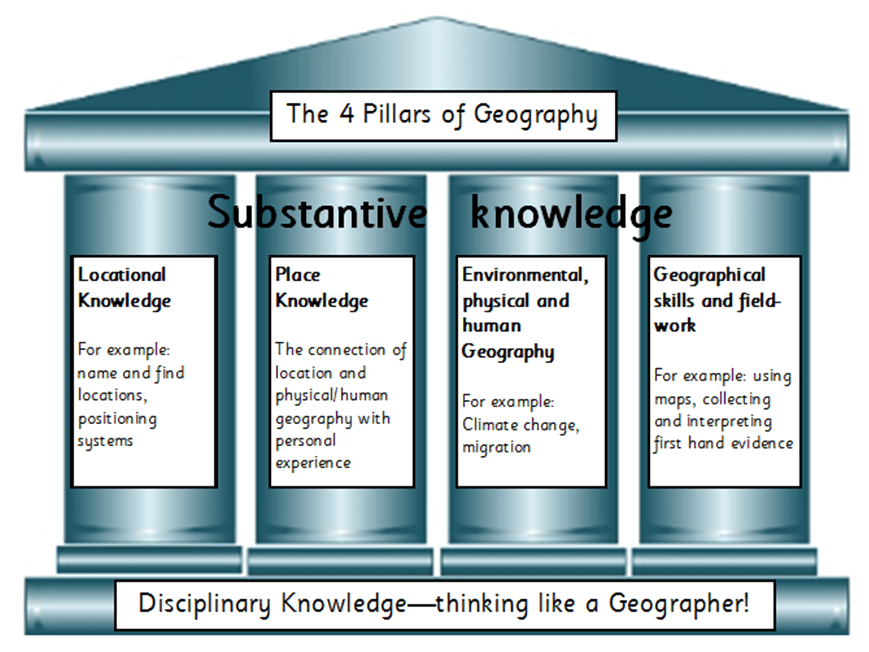
Geography lessons, at Willington Primary, are underpinned by our 4 pillars of geography allowing pupils to know more and do more, as well as encouraging children to work as geographers. Through an enquiry-based approach, children are encouraged to explore geographically valid questions and report their findings. Alongside the development of substantive knowledge, children will develop their disciplinary skills as they learn the fundamental elements of what is it to be a geographer.
Implementation – How will we deliver the curriculum?
Valuing Our Local Geography
We believe that our pupils should be explicitly taught our local geography in order for them to have a rich understanding of their local area. To ensure this is a strong thread, in each academic year a week is specifically set to study different aspects of our locality to build the pupils’ depth, breadth of understanding and engagement with their environment through their time at Willington Primary.
Fieldwork
In addition to our Local Area Fieldwork Week, in KS1, LKS2 and UKS2 children complete fieldwork enquiries around our school mapping, the physical geography of the coast and of rivers where children collect, interpret and evaluate their own data on the physical processes they have seen.
30 Days Wild
Each year in June, the children engage in 30 Days Wild from the Wildlife Trusts in which time is set aside each week to provide opportunities for children to get outside and engage with the natural world in a range of creative ways and have lots of fun while they’re doing it!
Enquiry based learning
Each unit of work is structured around an overarching enquiry question. The enquiry question is broken down into specific, smaller questions, which create clear, progressive steps throughout the unit. This carefully sequenced learning allows the children to answer the question by the end of the topic.
Linking Curriculum and Pedagogy
We have developed our pedagogy and curriculum to make learning stick. At the heart of our approach is retrieval practice and recapping. Retrieval practice occurs at the beginning of each geography lesson and provides the opportunity for children to recall previously taught knowledge; for example, the lesson may begin with a quiz or a map activity which will practice the recall of key facts from prior learning. Units of work refer to learning from previous units to enable children to grapple with substantive knowledge but we also build disciplinary knowledge such as map making, their use and the children are learn to ‘think like a geographer’ asking questions such as ‘What is this place like?’ which we specifically investigate as a school during a whole school Local Area Fieldwork Week.
Reading and Geography
Each year group has high quality geography texts which have been purchased to support the development of geographical knowledge and understanding. These are part of our Geography reading spine. In KS2 the children also have regular discussions about current events in the news (e.g through ‘Picture News’ and via assemblies) through which international events such as floods and climate change are discussed.
Trips and Visits
We intend our children to have real life experiences and learn about in an active and creative way and therefore visitors and trips form a fundamental part of our curriculum.
Throughout their school journey, children are provided with a wealth of enrichment opportunities which endeavour to consolidate and deepen their existing geographical knowledge from the classroom. In addition to trips which have a specific Geography focus, children benefit from trips each year, to which Geographical links are made; including visits to Raby Castle, Locomotion at Shildon, Binchester bath house, Durham Cathedral, Beamish Museum and Killhope Mining Museum.
